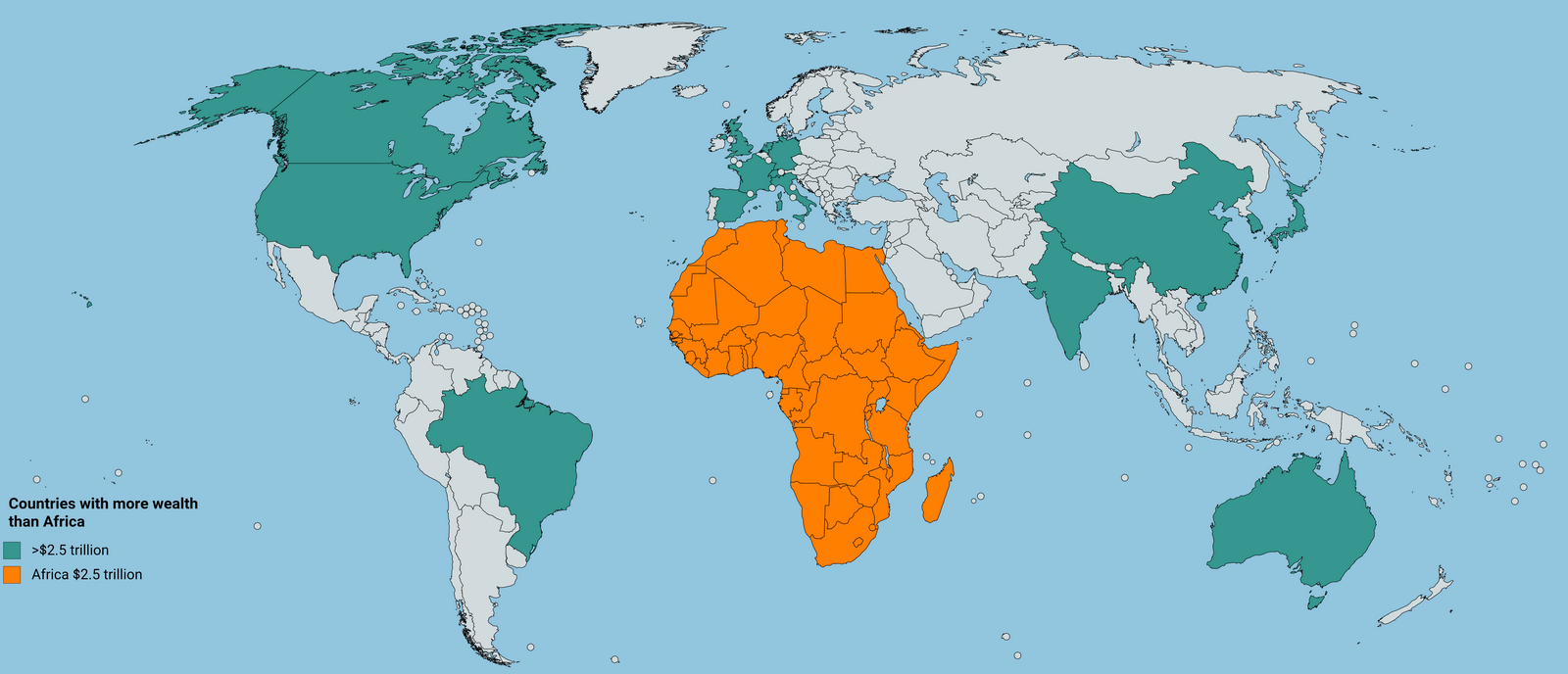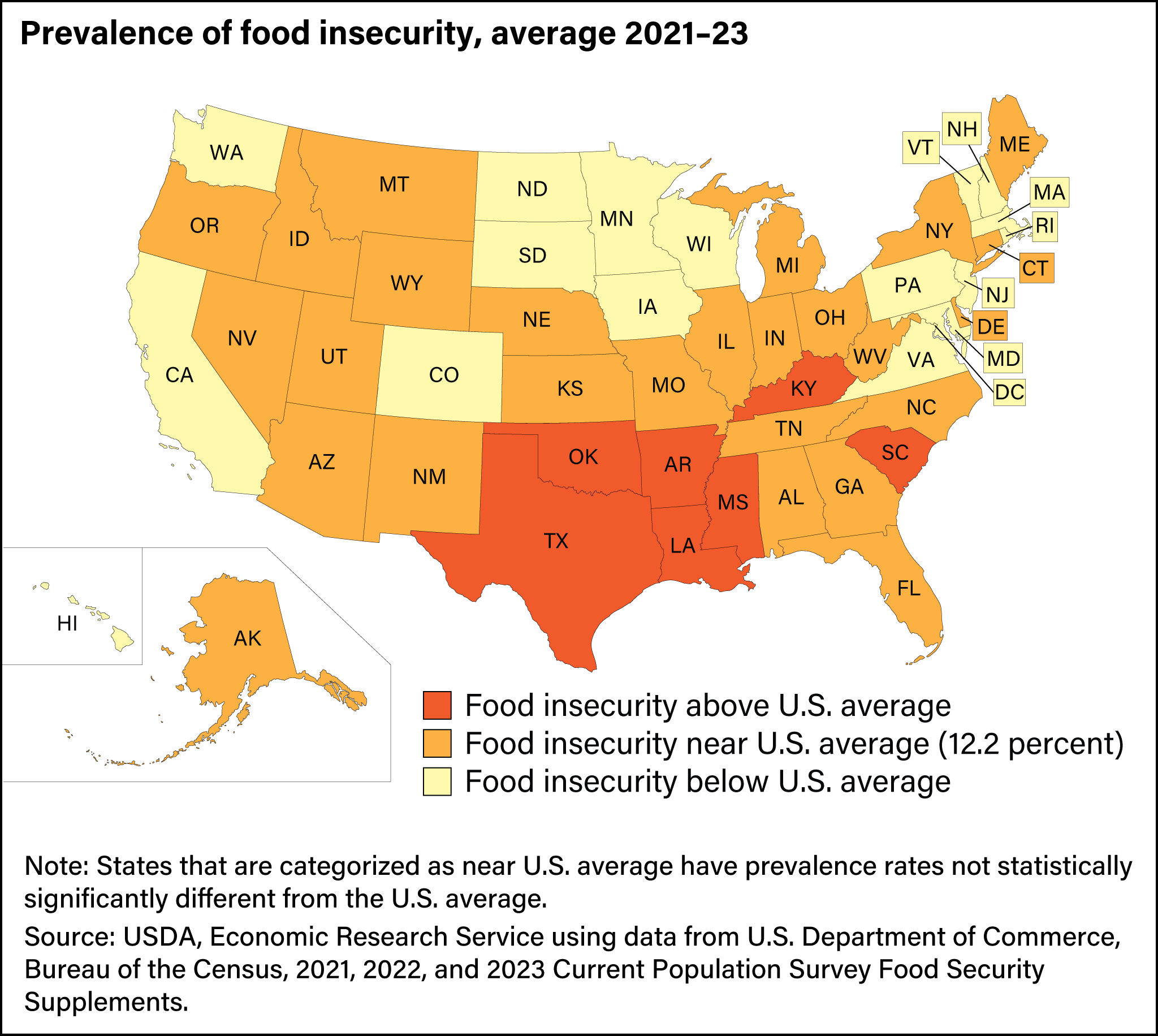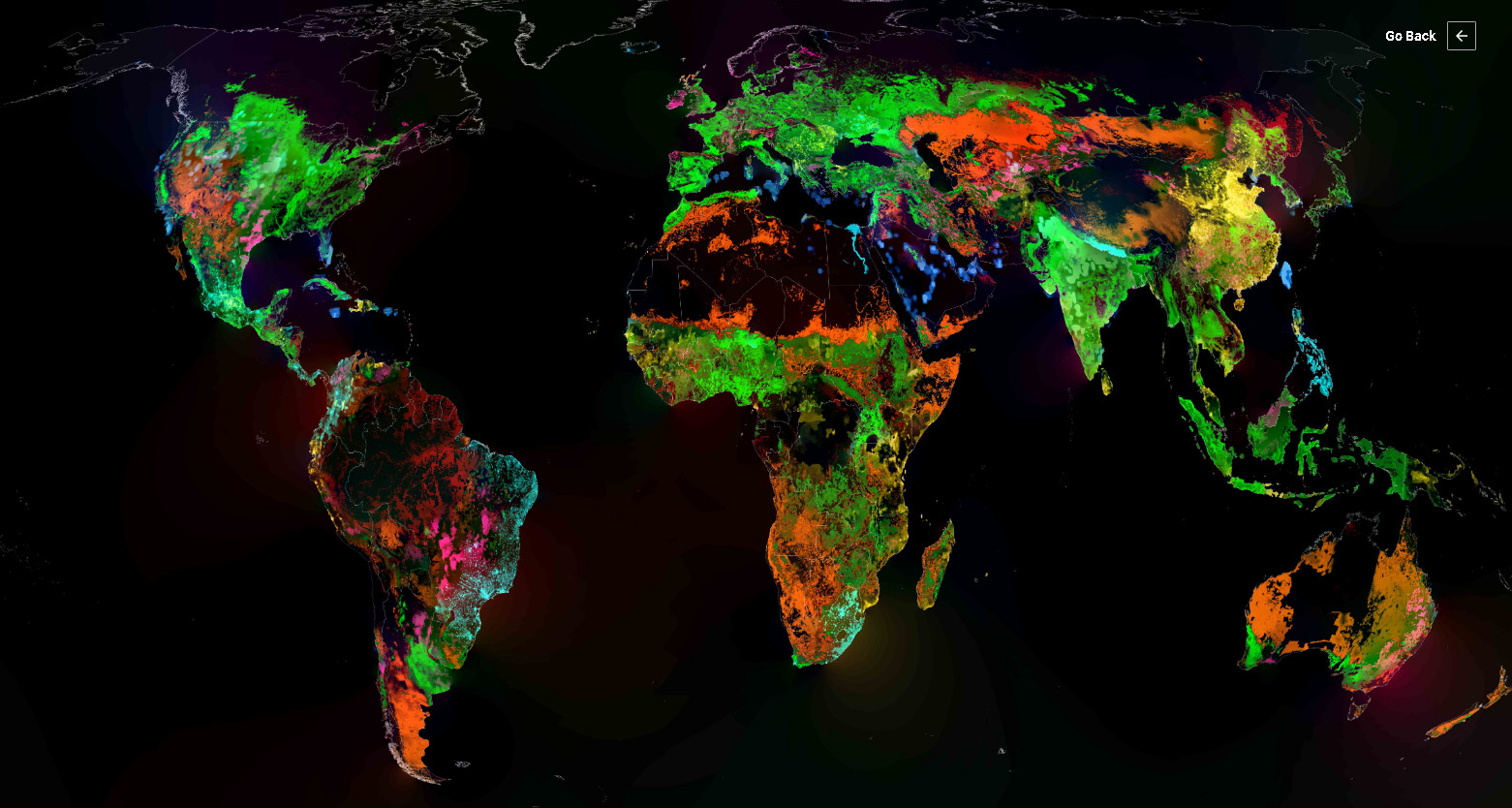Countries with more wealth than Africa
Africa’s economic underdevelopment is attributed to a combination of historical, social, political, and economic factors.
The legacy of colonialism has had lasting impacts, as European powers exploited resources, disrupted local economies, and imposed artificial borders.
Economic dependence on the export of raw commodities, susceptibility to global commodity price fluctuations, and limited economic diversification contribute to vulnerabilities. Corruption, weak governance, and political instability hinder effective resource allocation and development initiatives.
Environmental challenges, such as droughts and diseases, exacerbate food insecurity and health issues. Insufficient access to education and healthcare limits human capital development, while unequal international trade relationships and high debt burdens further constrain economic growth. Addressing Africa’s economic underdevelopment requires comprehensive strategies that account for historical context, social factors, and tailored development initiatives.
The map below shows countries with more household wealth (individual net worth, defined as the marketable value of financial assets plus non-financial assets (principally housing and land) have fewer debts) than Africa.

In recent years, various African countries have demonstrated notable economic progress across diverse sectors. Ethiopia has pursued significant growth through investments in infrastructure and manufacturing, implementing economic reforms to attract foreign investment. Ghana, maintaining economic stability, has diversified beyond the traditional sectors, focusing on agriculture, oil and gas, and services. Ivory Coast, one of West Africa’s fastest-growing economies, has excelled in cocoa production, agriculture, and infrastructure development, benefiting from political stability. Rwanda, emphasizing good governance and sustainable policies, has achieved remarkable economic development, particularly in information technology, tourism, and renewable energy. Kenya’s resilient economy thrives on a dynamic services sector, including technology and finance, alongside notable infrastructure projects such as the Standard Gauge Railway. Senegal, experiencing steady growth, has attracted investments in infrastructure, energy, and agriculture, contributing to its economic advancement. While these examples showcase positive trajectories, it’s essential to recognize ongoing challenges and variations in progress among different African nations. Recent and specific updates can be found in the latest economic reports, analyses, and news sources.









if norway is not on that list and holland is, then that list is BS